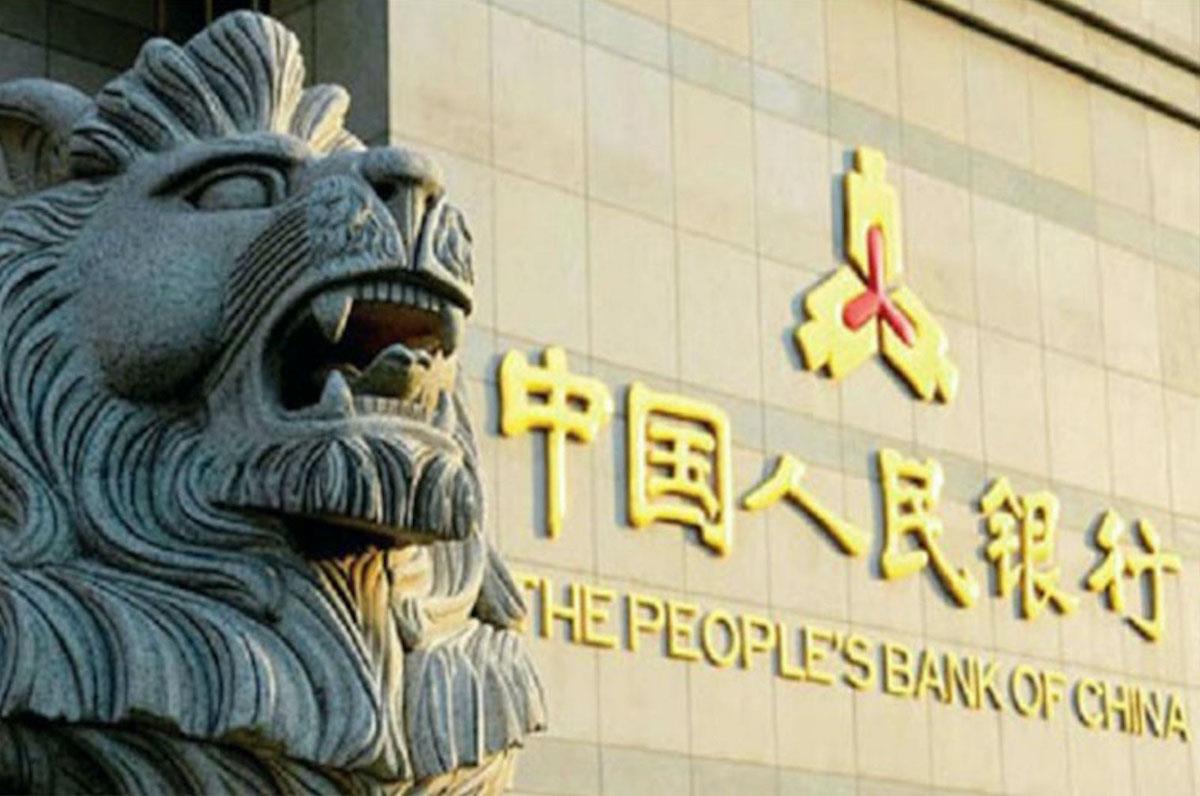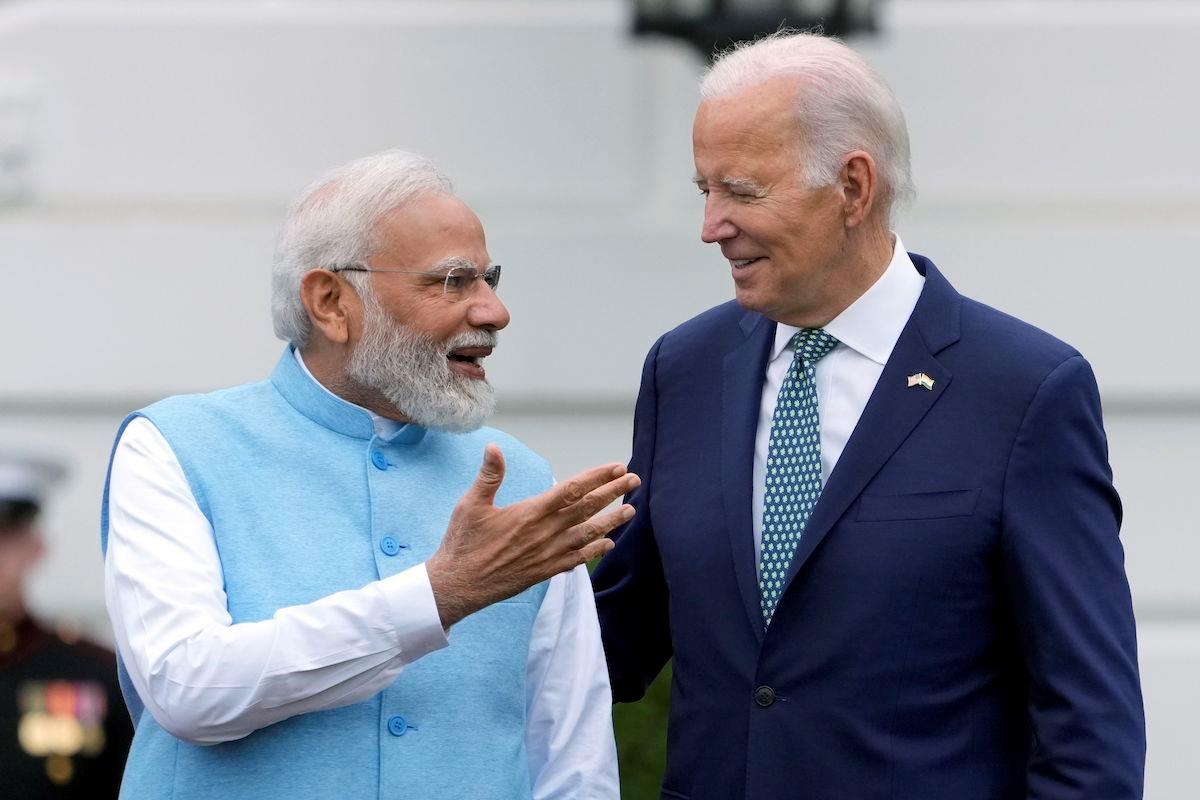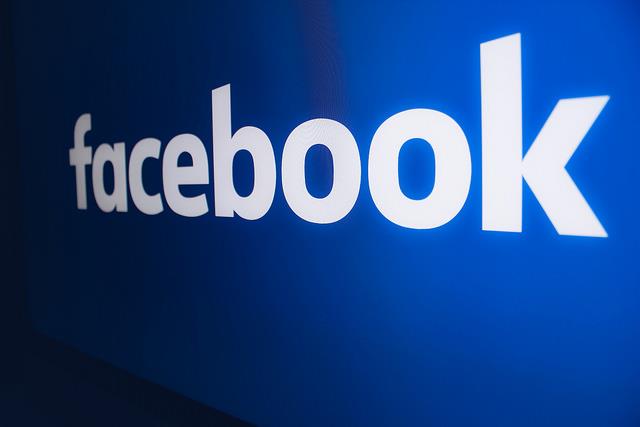Cambodia started to see Facebook being used in the political domain mainly from the 2013 general election.
It is not far-fetched to say that Facebook was a major communication tool in pushing the opposition in Cambodia to win an unprecedented 55 seats in 2013. The opposition also used Facebook to mobilize people to the unprecedented mass protest in December 2013. The protest took a violent turn in January 2014 with destructive demonstrators who were later cracked down on by the government.
For the opposition, the chain of events had brought them an inch close to toppling the Hun Sen regime and gaining power. For the ruling Cambodian People's Party (CPP), the events were putting the country an inch close to civil war.
The CPP was finally awakened to the danger of a color revolution, which was not yet a known concept in Cambodia at that time.
Similar political events can be seen around the world during that period, for instance the Arab Spring that occurred between 2011 and 2012 in countries such as Tunisia (jasmine revolution ), egypt , libya , syria and yemen . Documentaries were made to suggest a major role of facebook in launching these color revolutions.
The results of the Arab Spring were nothing but tragedy and endless crisis. What started off as peaceful pro-democracy protests turned into civil wars in Libya, Syria and Yemen, displacing or killing millions of people. Tunisia lost stability. Tunisia has had 12 governments in the last 10 years. Some questioned why after 10 years since the Arab Spring, countries that fought for dignity and democracy are still far from it.
The violence in 2013-2014 gave CPP a big lesson in terms of communication strategy.
Latest stories

china's financial regulatory regime finding its feet

china cranking up production of game-changing frigate

washington myopia undercuts indo-pacific partners
The CPP believed that it had left Facebook to be monopolized by the opposition and had ignored this space for far too long. The CPP was a latecomer in terms of utilization of Facebook in politics. It was not until September 20, 2015, that Prime Minister Hun Sen officially launched his Facebook page.
The battle on Facebook increased in the run-up up to 2018 election, with more CPP supporters becoming more active to increase their political space on Facebook. The opposition thus lost its monopoly on Facebook.
In general, those who can read Khmer can understand that the political battles on Facebook are fierce.
As the mainstream media tend to perceive that the Cambodian government is authoritarian, there has been less scrutiny of the ways the opposition have been communicating their political messages, which were violent and racist . Their messages are often written in Khmer to hide them from the eyes of English-language media.
The opposition has taken this kind of political culture since the first election in 1993 by undermining the trust toward the government in whatever means possible, including promoting division of classes , encouraging civil disobedience and military mutiny , and inciting anti-vietnamese and later anti-chinese sentiment among voters.
It took 24 years for the special rapporteur on the situation of human rights in Cambodia to acknowledge on September 27, 2017, that the opposition were using hate speech. In a very indirect and soft tone, the then-Special Rapporteur Rhona Smith wrote in her statement that“the same is true of earlier rhetoric from other parties inciting hatred.”
Direct stakeholder
In 2023, as Cambodia is approaching another election, Facebook has undergone a major turning point in Cambodian politics by changing its role from being a mere political platform to adopting a role akin to a regulator.
This is nothing but becoming a direct stakeholder of Cambodian politics.
In late June, Facebook's oversight board recommended that the platform suspend the Cambodian prime minister's account for violent language. In response, Hun Sen deleted his Facebook account with more than 14 million followers, and the government expelled Facebook representatives and stopped all activities it had with Facebook.
It said in a statement that the government had found irregularities in facebook's services for users in Cambodia, such as the creation of fake accounts, risk of private data, use and collection of private data, dissemination of fake news, lack of accountability and transparency, and interference in the country's political affairs.
The members of the oversight board were later declared persona non grata .
When a dozen of unelected private individuals, completely unknown to the Cambodian public, attempt to censor the prime minister's speech within Cambodian political discourse, this is direct interference by a private foreign company in the domestic affairs of a sovereign state.
So a red line has been crossed by Facebook, and Cambodian leaders have lost their trust in the platform.
From Facebook's perspective, probably there is nothing it can do about its inability to control the vast pool of messages with ill intentions, especially when the platform allows fake identities to exist.
When“likes” and“shares” are the motivational drives for Facebook users, it can create a breeding ground for extremism and populism.
From the government's perspective, it is extremely problematic when the authorities cannot enforce the law against those who insult His Majesty the King, make slanderous comments against the dignity of public individuals, or disseminate fake border maps to accuse the government of ceding territory to a neighboring country.
In fact, Cambodia's is not the only case in which states have difficulty striking a balance between the promotion of the freedom of expression through the flourishing social media and the maintenance of the rule of law and public order.
In France, Facebook was considered a supportive tool for violence by the gilet jaunes in 2018. Facebook's latest algorithm change favors wildly popular organic posts, rather than those from media organizations and the gilet jaunes' protests have benefited from the new code. In the recent violent protests, president emmanuel macron also blamed social media for fueling violence.
Nonetheless, maybe it is hard to blame Facebook and other social media because basically they are not accountable for state's security and public order.
When Facebook cannot assist the government in enforcing the rule of law, governments have no choice but to find their own ways and means, because the government is the elected representative of the people, and it has to be accountable toward the people in terms of protecting peace, rule of law, security and public order.
After all, what is the purpose of authority if the rule of law cannot be enforced? This question touches to the core raison d'etre of the state itself.
As the trend continues, it is not hard to see that the Cambodian government has started to reconsider its view about Facebook in terms of political communication tool, and to seek better ways to handle social media while trying to maintain the rule of law, national security and public order.
Like this:Like Loading... Related























Comments
No comment